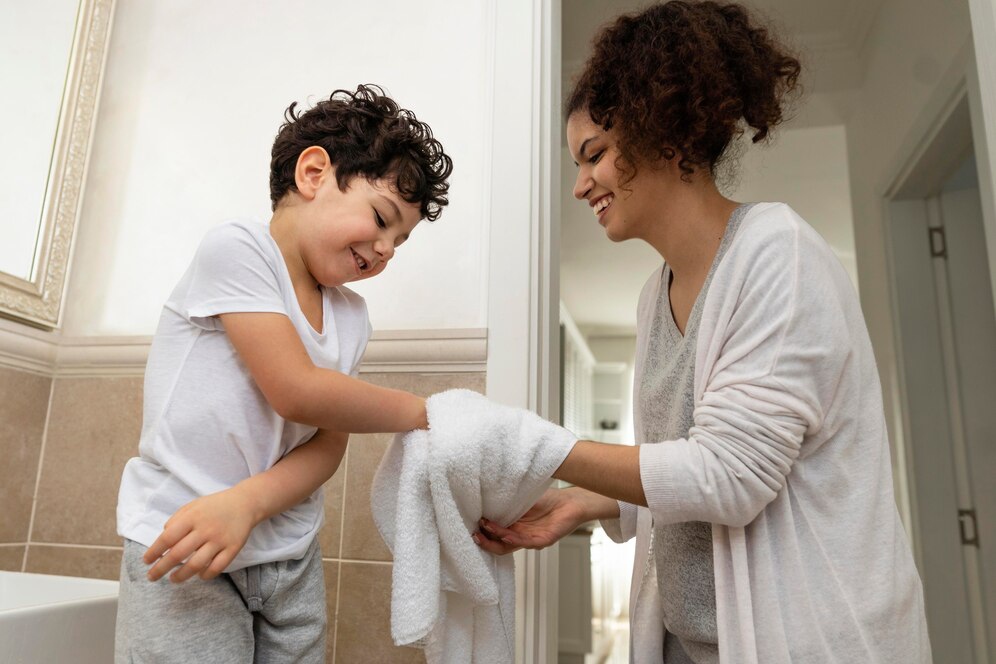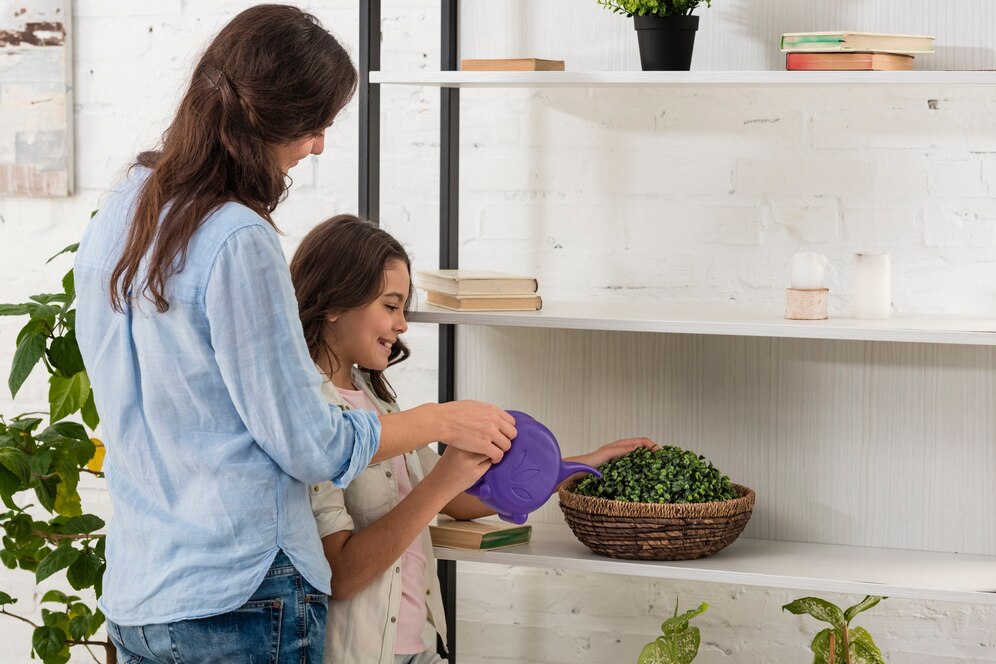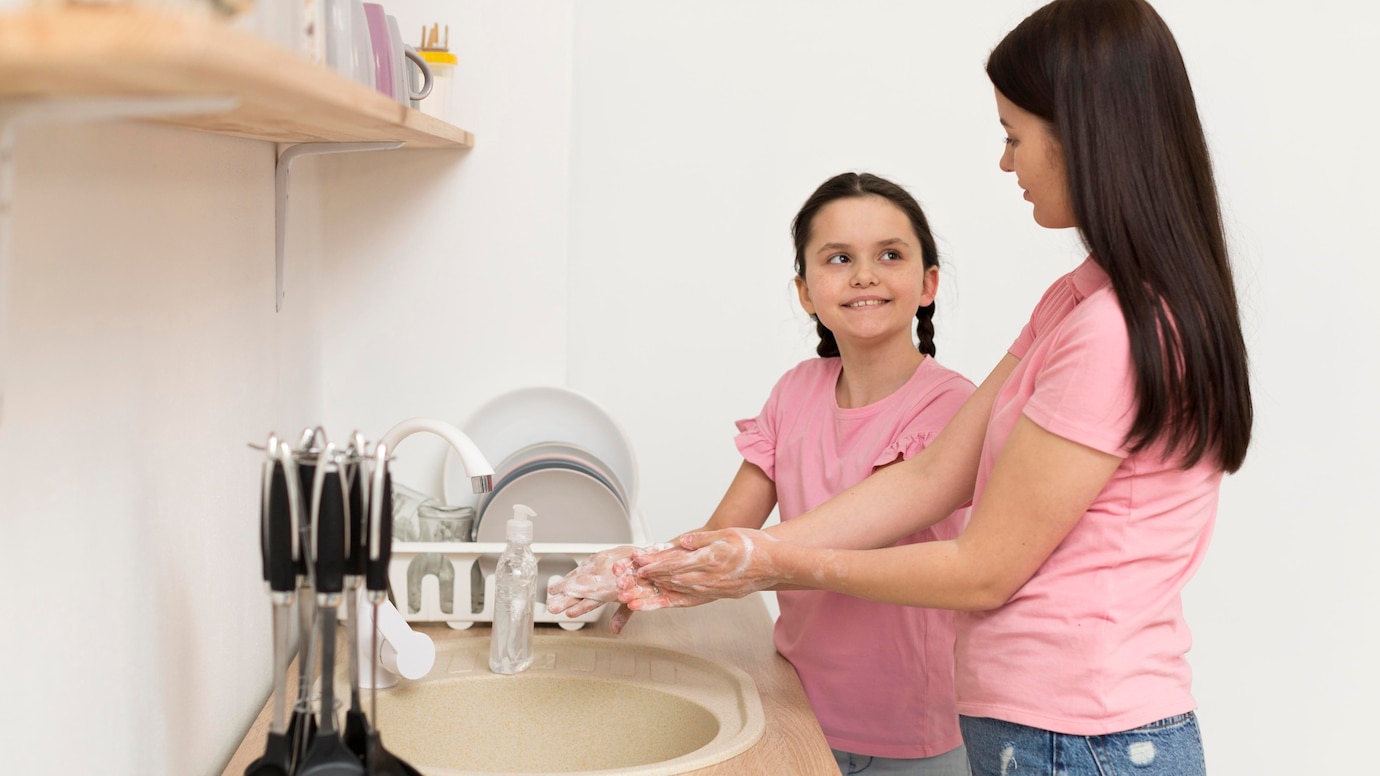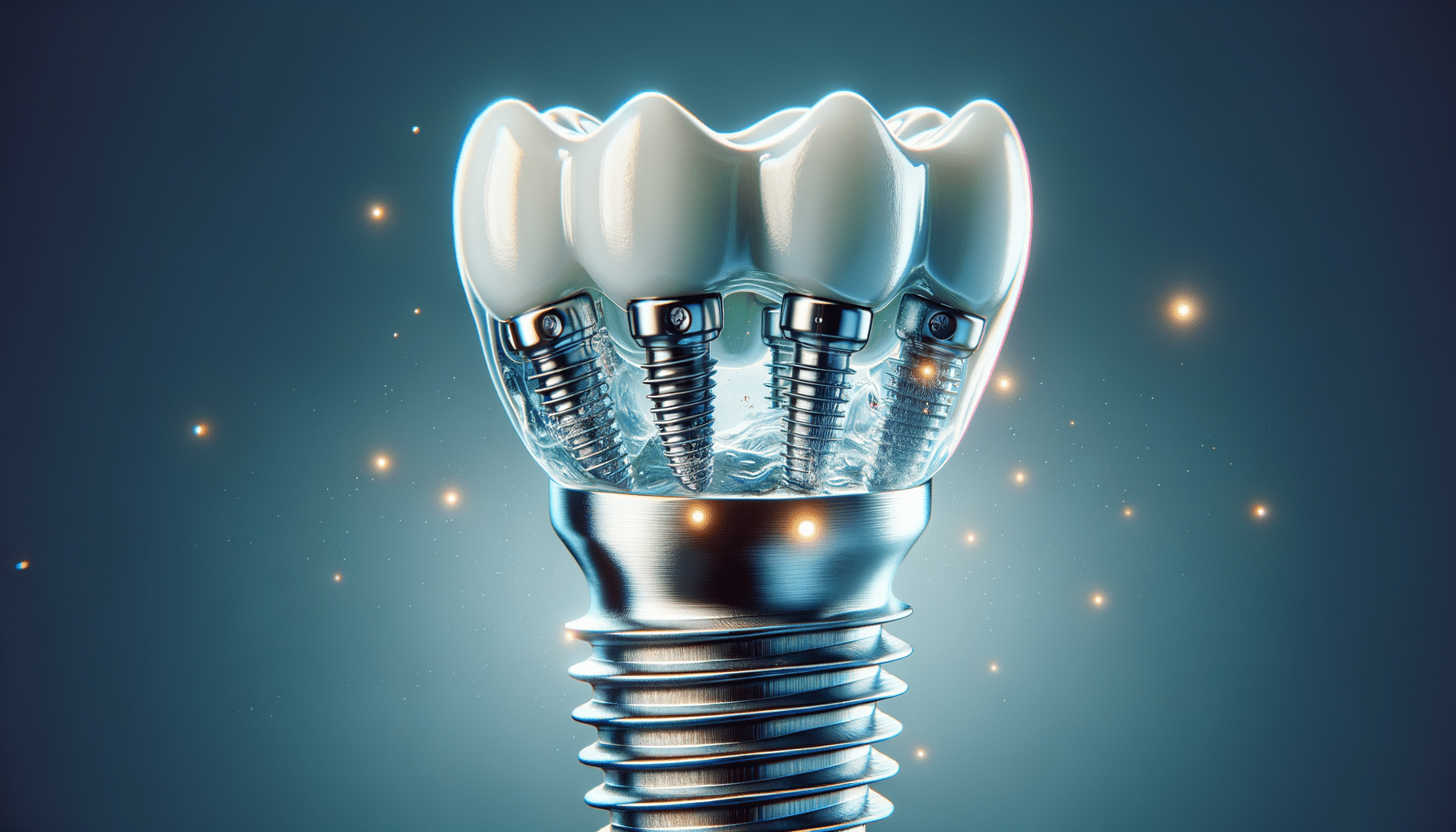
Teaching Kids About Puberty Hygiene Basics
Why Hygiene Becomes a Big Deal in Puberty
You may notice a sudden shift — your once sweet-smelling, low-maintenance child now has body odour, greasy hair, and socks that could clear a room. Welcome to puberty — a phase filled with not only emotional and physical changes but also a whole new set of hygiene needs.
As children enter adolescence, their bodies undergo rapid transformation driven by surging hormones. Sweat glands become more active, oil production increases, and new hair starts growing in unfamiliar places. For girls, menstruation begins, introducing monthly hygiene routines that may feel overwhelming at first. All these changes make personal care more important than ever, not just for health, but also for self-confidence and social comfort.
However, many tweens are either unaware of these needs or feel too embarrassed to talk about them. They might forget to shower, resist deodorant, or feel uncomfortable discussing menstrual care. That’s where your support becomes vital. Teaching hygiene during puberty isn’t just about cleanliness — it’s about helping kids understand and care for their changing bodies with confidence and pride.
In this article, you’ll learn:
- Why hygiene matters more during puberty
- How to approach the topic without causing embarrassment
- Practical hygiene routines that tweens and teens can manage
- How to turn awkward talks into empowering life lessons
Let’s take the awkward out of the hygiene conversation — and replace it with empathy, clarity, and confidence that lasts a lifetime.
Understanding Hygiene Needs During Puberty
What Changes in the Body?
- Increased sweating: Apocrine glands activate, particularly in the underarms and groin areas.
- Body odour: Bacteria break down sweat, causing stronger smells.
- Oily skin and acne: Hormonal surges affect sebaceous glands.
- Hair growth: New hair under arms, on legs, and in the pubic area.
- Menstruation (for girls): Requires understanding of menstrual hygiene and supplies.
These changes make hygiene more essential, not just for health, but for self-esteem.
Why Some Kids Resist Hygiene
- They may not notice the changes.
- They feel awkward or embarrassed.
- They don’t understand the consequences.
- Executive functioning is still developing — they forget!
Your job? To normalise, guide, and encourage.
Personal Hygiene Basics for Tweens
Daily Essentials Checklist
- Bathing or showering daily
- Especially after sports or sweating
- Using deodorant or antiperspirant
- Teach the difference and let them choose their brand
- Changing underwear and socks daily
- Moisture can lead to irritation or infections
- Brushing teeth twice a day
- Explain the link between hormones, diet, and oral health
- Washing the face morning and night
- Use gentle cleansers for acne-prone skin
Puberty Hygiene for Girls
Menstrual Hygiene
- Introduce pads, pantyliners, and optionally, menstrual cups
- Show how to track a period and what’s considered normal
- Keep supplies in a small pouch in their bag or locker
- Talk about disposing of products hygienically
Vaginal Hygiene
- Reassure them that vaginal odour is normal
- Encourage gentle washing with water only (no douching)
- Cotton underwear and breathable fabrics help reduce irritation
Puberty Hygiene for Boys
Body Odour and Sweat
- Boys may sweat more during and after exercise
- Teach them to shower, dry properly, and use deodorant
Genital Hygiene
- Encourage rinsing with warm water, especially under the foreskin if uncircumcised
- Emphasise gentle cleaning — no harsh soaps
Hygiene and Emotional Wellbeing
Poor hygiene can lead to:
- Teasing and bullying
- Social anxiety or avoidance
- Low self-esteem
Support your child by:
- Creating private hygiene spaces
- Letting them choose their hygiene products
- Modelling consistent hygiene yourself
- Keeping conversations positive, not punitive
Scripts That Help
- “Everyone starts to smell different during puberty — it’s totally normal.”
- “It’s not about being clean for others, it’s about taking care of yourself.”
- “Want to try a new deodorant or shampoo together?”
Hygiene Routines That Stick

Use Visual Reminders
- Create a checklist for morning and night hygiene
- Laminate it and place it in the bathroom
Set Gentle Reminders
- Use humour: “Your armpits are staging a protest!”
- Set calendar alerts or post sticky notes
Offer Rewards for Consistency
- Celebrate consistency with small treats or privileges
- Don’t make it a bribe — focus on building pride
When to Get Professional Help
See a GP or paediatrician if:
- There’s excessive body odour despite regular washing
- Acne is painful or persistent
- Your child experiences irritation, itching, or infections
- They are extremely resistant or anxious about hygiene
Sometimes, reluctance stems from sensory issues or anxiety. A professional can help tailor strategies that work for your child.
Conclusion: Building Habits That Build Confidence

As a parent or caregiver, your role is crucial. These years can be awkward, emotional, and filled with uncertainty. But with your patience, humour, and consistent guidance, you can help your child transition from feeling unsure to becoming confident and empowered. Even if they roll their eyes or resist at times, your message will sink in — especially when it’s delivered with kindness and respect.
Remember: They won’t always get it right, and that’s okay. What matters is progress, not perfection. Hygiene isn’t a one-time lesson — it’s a series of small, everyday practices that evolve with time and maturity.
So keep the conversations going. Offer support, not shame. Celebrate effort, not just results. Whether it’s picking out a new body wash together, posting a reminder chart, or simply saying, “I know this stuff can feel weird — and that’s okay,” your actions will help your child navigate puberty with a greater sense of self-worth and control.
Let’s turn puberty into a launchpad for self-care, confidence, and resilience — one shower and conversation at a time.
Know another parent who could use some guidance on this topic? Share this article to help them start their own hygiene talk with ease.
Have your own tips for getting tweens to care about hygiene? Drop them in the comments — your advice could make all the difference for someone else.
If you find this helpful, be sure to subscribe for more parenting insights, puberty toolkits, and conversation starters.


